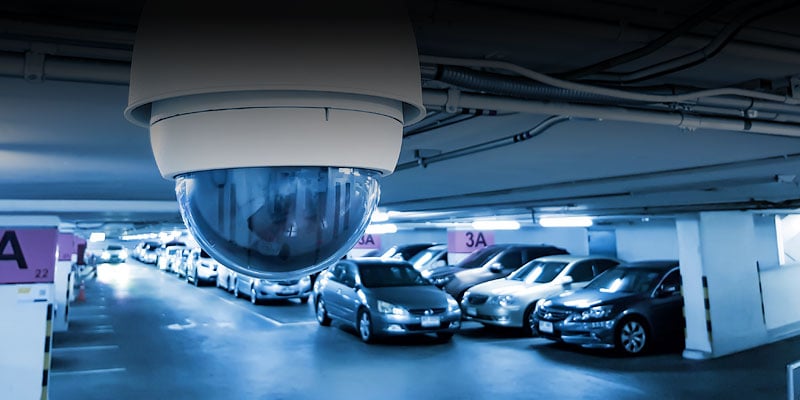
Property Managers have the great responsibility of overseeing the day-to-day operations of buildings under their charge, while at the same time, protecting their properties against any wrongdoing. This can be a considerable task as it is often unpredictable if tenants will treat the property appropriately. Moreover, as the current social unrest is becoming more apparent and intensified in the United States, making sure your real estate units are safe from any vandalism from third parties is fundamental.
It is likely that as a Property Manager, you already have a video surveillance system in place. The question is how modern, versatile, and capable it is. Analog cameras, which are now considered as outdated hardware, can be preventing you from providing your units with the most effective and comprehensive monitoring system. Stepping into the future and ensuring the safety of your facilities might mean upgrading to IP cameras. Internet Protocol cameras offer a variety of benefits for today’s Property Managers.
Quality: Digital IP delivers stable and outstanding video quality day and night compared to analog devices. In fact, analog recorded images have a low resolution which means they are usually grainy and blurry with less than a half megapixel.
Range: Digital security cameras on IP-based systems have a wider field of view than analogs. More analog cameras are needed to cover the same amount of area one IP camera would. Plus, analog cameras have limited ranges, losing definition with increased distances. Something to think about when providing security for your real estate.
Security: Analog security cameras are easier to be potentially compromised. However, the video in IP cameras is encrypted and authenticated, making sure transmission of data is always secure and reliable.
Operation: Because Internet Protocol cameras use NVR (Network Video Recorder) instead of the antiquated DVR (Digital Video Recorder) set up, more cameras can be connected to a single switch which is also connected to the NVR. This greatly diminishes the amount of cabling and labor needed for installation. This feature also increases scalability. Internet Protocol systems are simpler and more efficient.
Importantly, digital cameras on IP-based systems record images digitally from the beginning. Then, data is sent and received over a computer network. This is an important difference with analog systems. With an analog camera, images are captured and sent to a coaxial cable to the DVR. Then the images are processed and converted to digital format.
Furthermore, the NVR fetches and records each of the IP camera’s signals and normally offers embedded software capable of intelligent search and zoom in options. Investing in IP cameras can enable Property Managers, for example, to use the zoom in function and recognize with clarity the face of a criminal or a license plate.
Safety and security is demanded by both tenants and owners. Property Managers can solve this challenge by enhancing their video surveillance systems with the use of IP cameras.
